Training and Education
Navigating New HVAC Regulations: Compliance and Education
Keeping up with new HVAC regulations is crucial for compliance; discover the essential insights that could impact your business.

Steering through new HVAC regulations requires understanding compliance standards and committing to industry education. It's important to know rules like the Chronically Leaking Appliance Rule and the Technology Shift Rule, as non-compliance can lead to considerable penalties. I recommend staying informed through training sessions, webinars, and industry newsletters. Keeping accurate records is also imperative to avoid liability issues. Regulations vary, so knowing these nuances helps clarify common misunderstandings. Emphasizing education not only helps achieve compliance but also fosters a sustainable future in HVAC. There's much more to uncover about these essential changes that could affect you greatly.
Understanding Regulatory Compliance
Understanding regulatory compliance in the HVAC industry is essential for anyone involved in managing or servicing HVAC systems.
I can't stress enough how vital it's to be aware of the regulations that impact our work. For instance, the Chronically Leaking Appliance Rule requires reporting chronic leaks to the EPA, and many professionals still don't know about it. Missing these regulations can lead to hefty penalties.
Additionally, the Technology Shift Rule introduces new refrigerant standards, which means we need to adapt quickly. Staying informed about compliance requirements isn't just about following the law; it's about protecting our businesses and clients.
Key HVAC Regulations to Know
Maneuvering the maze of key HVAC regulations is essential for anyone in the industry. One major regulation to be aware of is the Chronically Leaking Appliance Rule, which requires reporting chronic leaks to the EPA. Many professionals overlook this, risking penalties.
Another important piece is the Technology Shift Rule, which sets limits on global warming potential for refrigerants, with various compliance deadlines. It's vital for manufacturers to understand these alterations, especially as R22 usage declines.
Additionally, service contractors must keep accurate records to avoid liability. Understanding these regulations isn't just about compliance; it's about staying informed to navigate future changes successfully.
Keeping up with these key regulations can help prevent costly mistakes and facilitate smoother operations.
Importance of Industry Education
Staying compliant with HVAC regulations is only part of the equation; the other half is ensuring industry professionals are educated about these changes. Understanding the latest regulations, like the HFC phase-down and the AIM Act, is vital for everyone in our field.
Without proper education, we risk falling behind and facing penalties due to unintentional non-compliance.
I encourage you to participate in training sessions, webinars, and workshops. These resources provide valuable insights and keep you updated.
Engaging with industry newsletters or podcasts can also enhance your knowledge. Remember, staying informed not only protects your business but also contributes to a more sustainable future for our industry.
Prioritizing education is essential for maneuvering this evolving regulatory landscape successfully.
Clarifying Common Misunderstandings
Misconceptions about HVAC regulations can lead to confusion and costly mistakes. One common misunderstanding is that all regulations apply uniformly, but they often vary by equipment type and refrigerant.
It's essential to recognize that compliance dates differ, especially for new regulations like the Technology Change Rule. Additionally, many believe that past compliance exemptions still apply, but the landscape is changing.
Understanding terms like "commercial" can also be tricky, as definitions vary across regulations. To navigate these complexities, staying informed through credible resources is critical.
I encourage you to engage in training and workshops, as this proactive approach will help clarify misunderstandings and guarantee compliance, ultimately saving you from potential penalties and operational setbacks.
Challenges for Manufacturers
As we navigate the evolving landscape of HVAC regulations, manufacturers face a host of challenges that can complicate compliance efforts.
One major issue is the confusion surrounding regulatory updates, especially regarding the refrigerants we use. Misunderstandings can lead to illegal shipments and costly penalties.
Additionally, the shift away from R410A has created shortages of key equipment, which complicates our ability to meet demand.
It's essential to understand the compliance based on installation dates rather than manufacturing dates, as this will influence our product availability.
To effectively tackle these challenges, I recommend staying informed, actively seeking clarification on regulations, and engaging in educational opportunities.
This proactive approach can help us navigate compliance hurdles more effectively and support our operational decisions.
Navigating Non-Compliance Consequences
Maneuvering the complexities of HVAC regulations means being acutely aware of the consequences of non-compliance.
I've seen firsthand how ignoring these regulations can lead to severe repercussions. Here are some key consequences to take into account:
- Significant financial penalties that can cripple your business.
- Liability for clients due to incorrect record-keeping, putting your reputation at risk.
- Extended investigations if corrections are delayed, resulting in further scrutiny.
- Loss of operational licenses or permits, jeopardizing your ability to work.
Staying informed about compliance requirements is essential.
By prioritizing education and understanding the regulations, you can avoid these pitfalls.
Frequently Asked Questions
What Resources Are Available for Staying Updated on HVAC Regulations?
I've found that reliable websites, monthly newsletters, and training programs are great resources for staying updated on HVAC regulations. Engaging in podcasts and webinars also helps me grasp the latest compliance changes effectively.
How Can I Report a Chronic Leak From My Appliance?
Reporting a chronic leak's like shining a light in a dark room. I gather my appliance details, contact the EPA, and fill out their report form. It's essential to keep our environment safe and compliant.
What Are the Penalties for Non-Compliance With HVAC Regulations?
If I don't comply with HVAC regulations, I risk facing hefty fines and penalties. It's essential to stay informed and understand these rules to avoid financial setbacks and maintain my business's reputation in the industry.
How Often Should I Train My Staff on Compliance Issues?
I train my staff on compliance issues at least quarterly. Regular training guarantees everyone stays updated on regulations and reduces the risk of violations, fostering a culture of awareness and responsibility within our team.
Are There Financial Assistance Programs for Compliance Training?
I've found several financial assistance programs for compliance training that can help reduce costs. It's essential to research local grants or industry-specific funding opportunities to support ongoing education for you and your team effectively.
Conclusion
In summary, traversing the evolving HVAC regulatory landscape requires vigilance and education. By staying informed about key regulations, we can avoid costly penalties and operational setbacks. Think of it as updating your GPS before a long road trip; it guarantees you're on the right path. Embrace these changes, seek out resources, and engage with our community. Together, we can not only comply with the rules but also lead the way in responsible HVAC practices for a sustainable future.

-

 Breaking News1 year ago
Breaking News1 year agoCentury Unveils New Distribution Hub in Houston
-
Business1 year ago
The only Google Business Profile Features That directly Make Your Listing Rank Higher
-
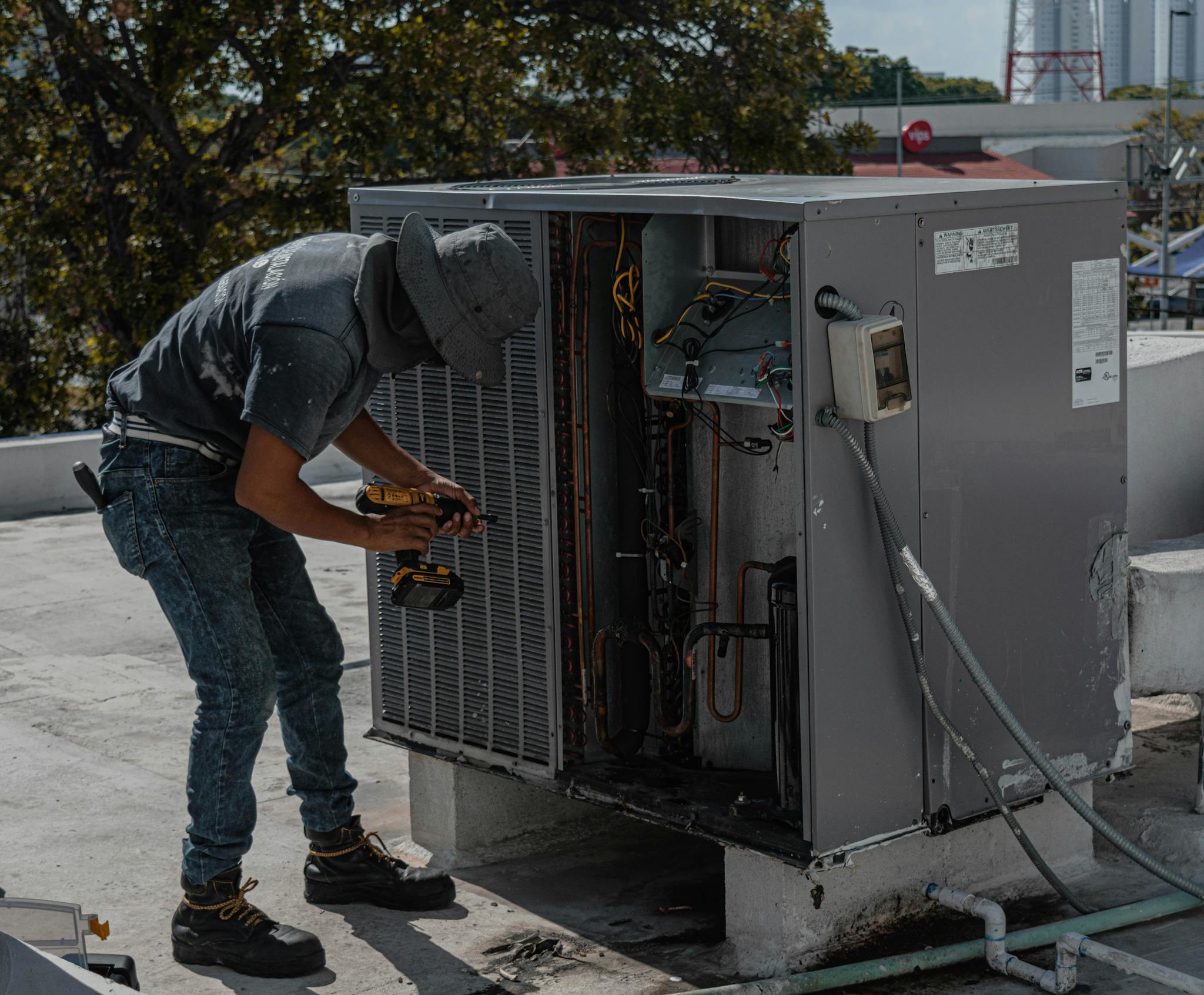
 Blogging1 year ago
Blogging1 year agoEffective Blog Promotion: Strategies to Increase Your Reach
-
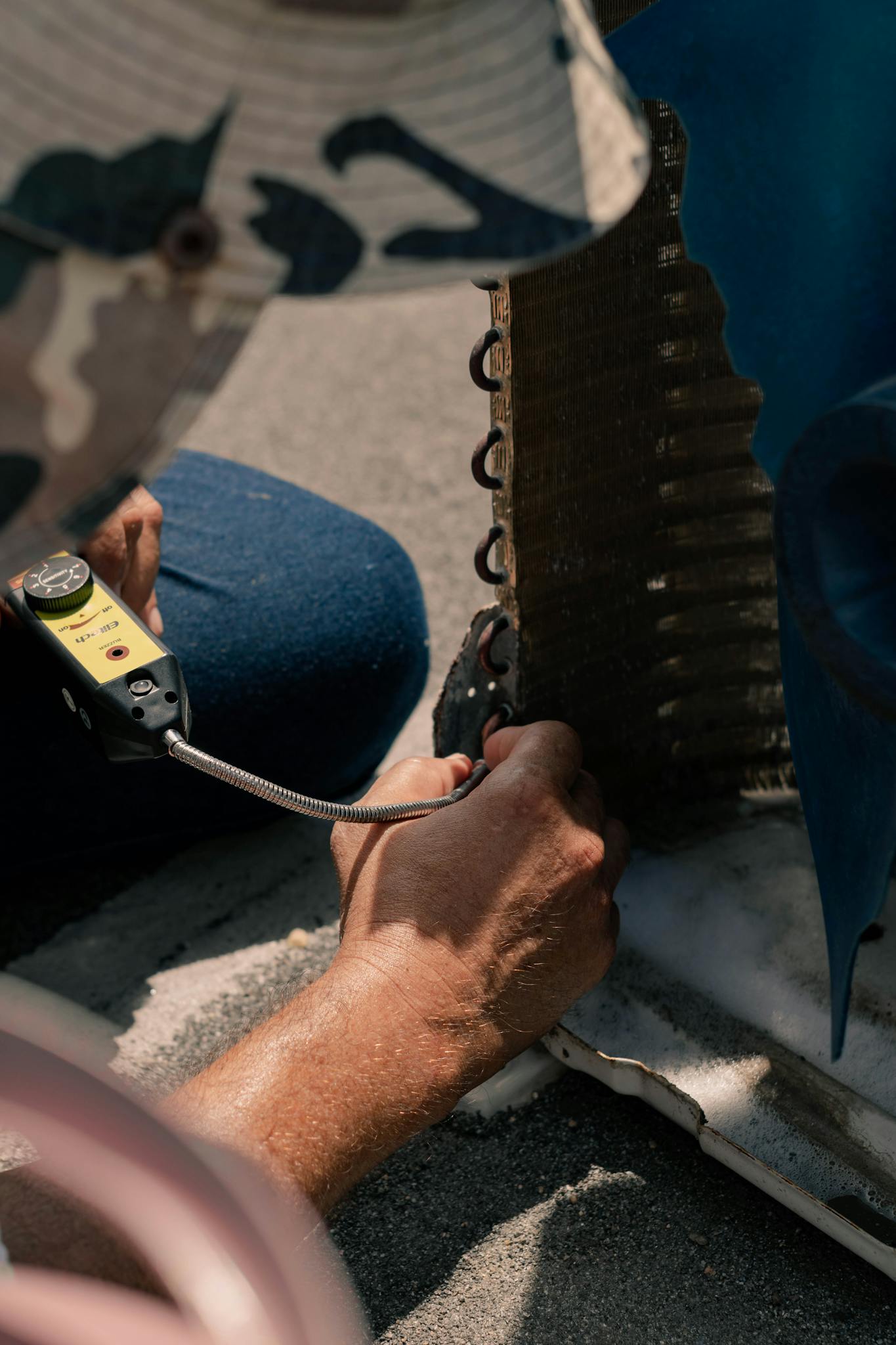
 Blogging1 year ago
Blogging1 year agoThe Essentials of Blogging: Tips and Strategies for Success
-

 Blogging1 year ago
Blogging1 year agoNever Run Out of Ideas: Top Tips for Generating Fresh Blog Topics
-
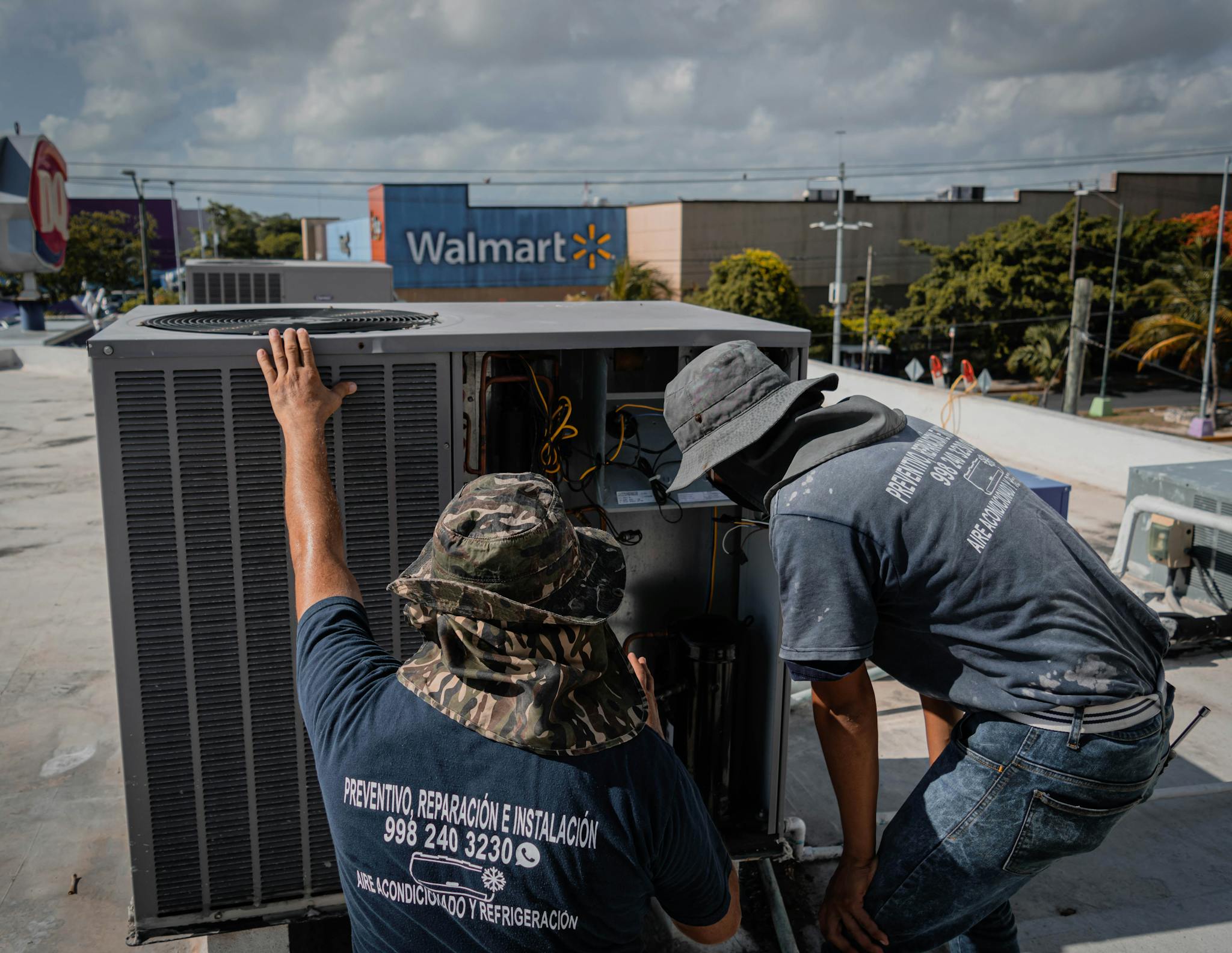
 Blogging1 year ago
Blogging1 year agoBuilding a Loyal Blog Audience: Strategies for Engagement and Growth
-
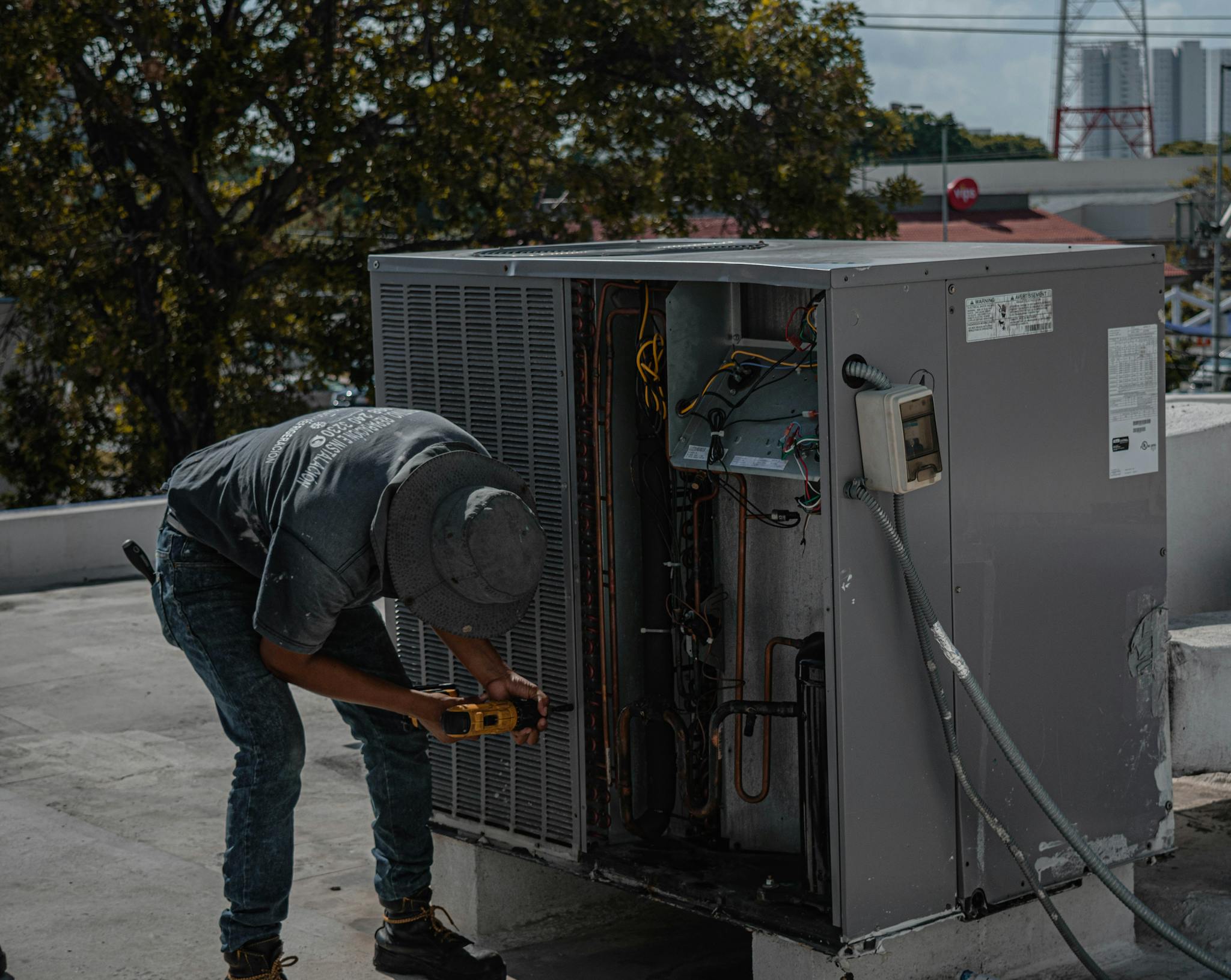
 Blogging1 year ago
Blogging1 year agoCrafting the Perfect Blog Structure: A Guide for Effective Blogging
-
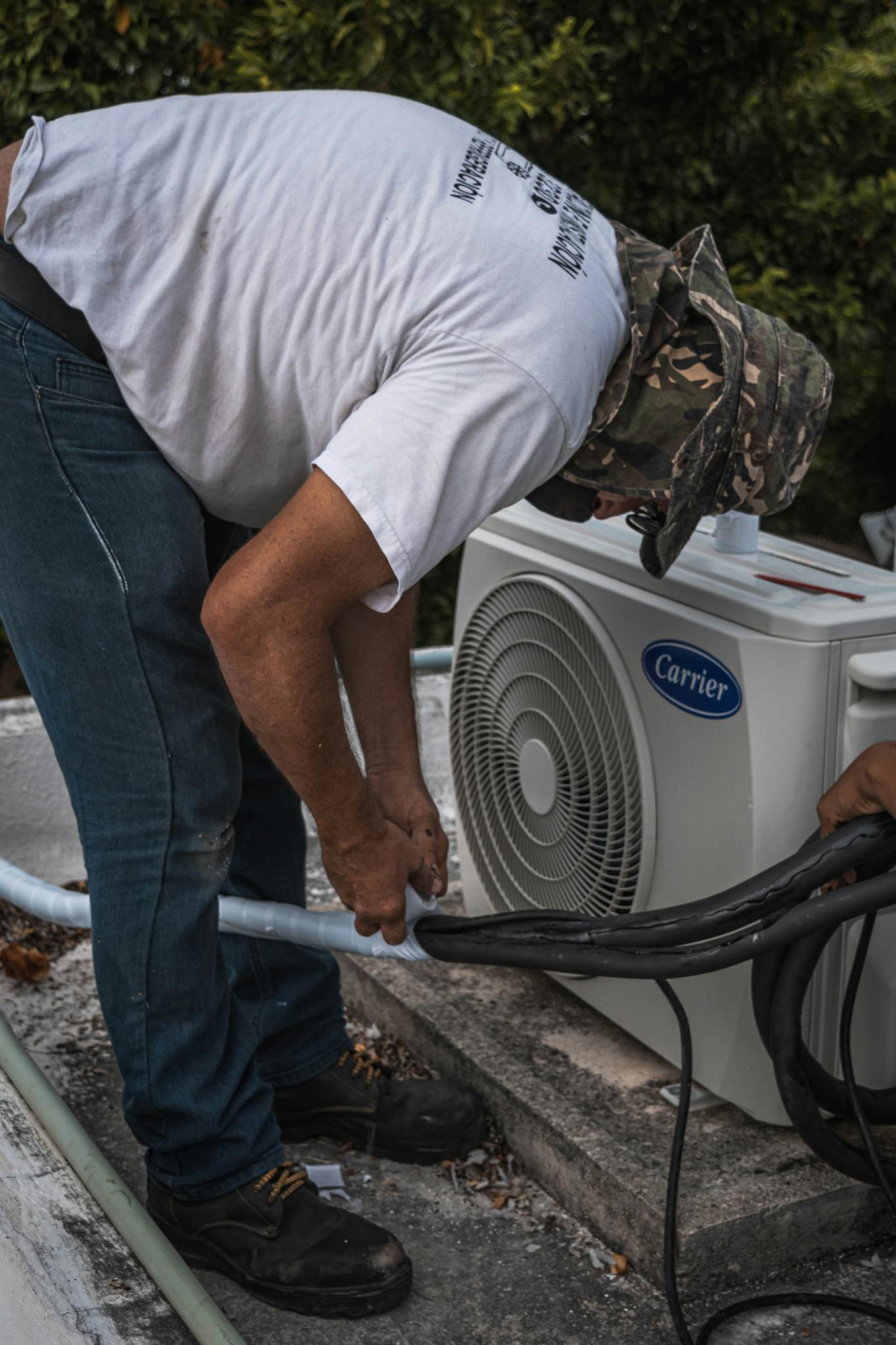
 Blogging1 year ago
Blogging1 year agoMaximizing Your Blog’s Reach: SEO Tips for Bloggers

